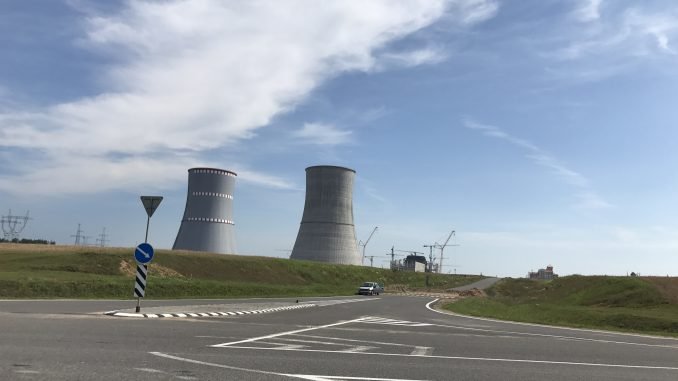
His comments followed Russian nuclear power corporation Rosatom‘s statement that the results of the nuclear facility’s stress tests comply with the European Nuclear Safety Regulators Group‘s (ENSREG) safety requirements.
“The fact that the stress test report has been produced in accordance with the European Union’s methodology is natural. But that’s only compliance with the form. We have to speak about the contents, about the evaluation produced in the report, recommendations for stepping up safety, which must be implemented,” Linkevičius said.
In his words, Belarus is trying to legitimize the Astravyets NPP project through PR measures and not by stepping up its safety.
The Lithuanian minister also underlined that stress tests are only one of many elements of strengthening nuclear safety as they are limited to the evaluation of resistance to external threats and risks.
Meanwhile the key issues being raised by Lithuania regarding the safety of the Astravyets NPP are related to its safety, i.e., the site tests and its selection, seismic research, negative environmental cross-border impact, the quality of construction and future use, and they are not considered during stress tests, Lithuania’s Ministry of Foreign Affairs said.
According to the ministry, the ENSREG peer review board visited Belarus on Jun. 12-14 and presented a preliminary stress test report to Belarusian institutions. The involved parties, including the European Commission, Belarus, experts carrying out a comprehensive review of the stress tests and the board, have agreed not to comment on the report results until they are approved during the ENSREG’s meeting planned for a specific day, the Lithuanian ministry said.
Rosatom said in its statement that Mark Foy who lead the European peer review team underlined that the Belarusian national stress test report matched the ENSREG requirements.

Be the first to comment